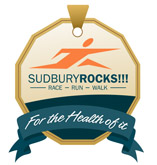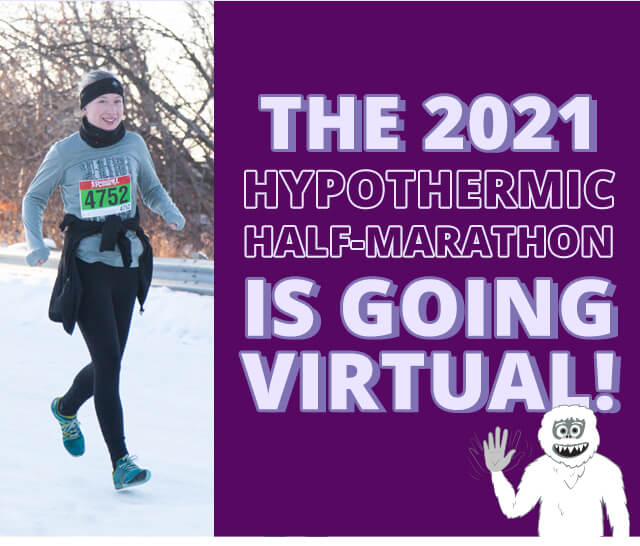SUDBURY -- Kivi Park in Sudbury’s
South End is known as a gem to the city. It depends on
many volunteers to keep the 482-acre property in good
shape.
One of those volunteers is 93-year-old
Geoffrey Knight.
Knight has been volunteering at the park
for just more than a year, and on top of volunteering,
he walks the five-kilometre trail most days.
“It’s a very nice park, it’s
got good trails, it’s got good scenery, and nice
company,” he said.
Knight's role as a volunteer is to make
sure people using the trails have purchased a pass.
“Geoffrey is actually the first
volunteer I met here,” said Kivi Park communications
coordinator Hailey McCue. "He stopped me and asked
for my pass when I was out for a walk. It was awesome
… He’s been a volunteer for a year, and every
time I see him, I just get so inspired to see someone
his age out walking like that.”
Knight doesn’t take it easy on the
trails. He heads deep into the bush, where the trails
are narrow and steep.
“There’s always challenges,
particularly going downhill,” he said. “I
have to go very slowly, I have to take very small steps.”
As long as he remains healthy, Knight
told CTV News he plans on hiking the Kivi Park trails
until he’s 100.
“I think it’s keeping me healthy,
and sane," he said. "To stick indoors all day
I would go around the bend.”
No matter what the temperature is, Knight
makes it his goal to do the five-kilometre route. On days
where it’s too windy, he sticks to the one-kilometre
trail.
|










219.jpg)



.jpg)





















